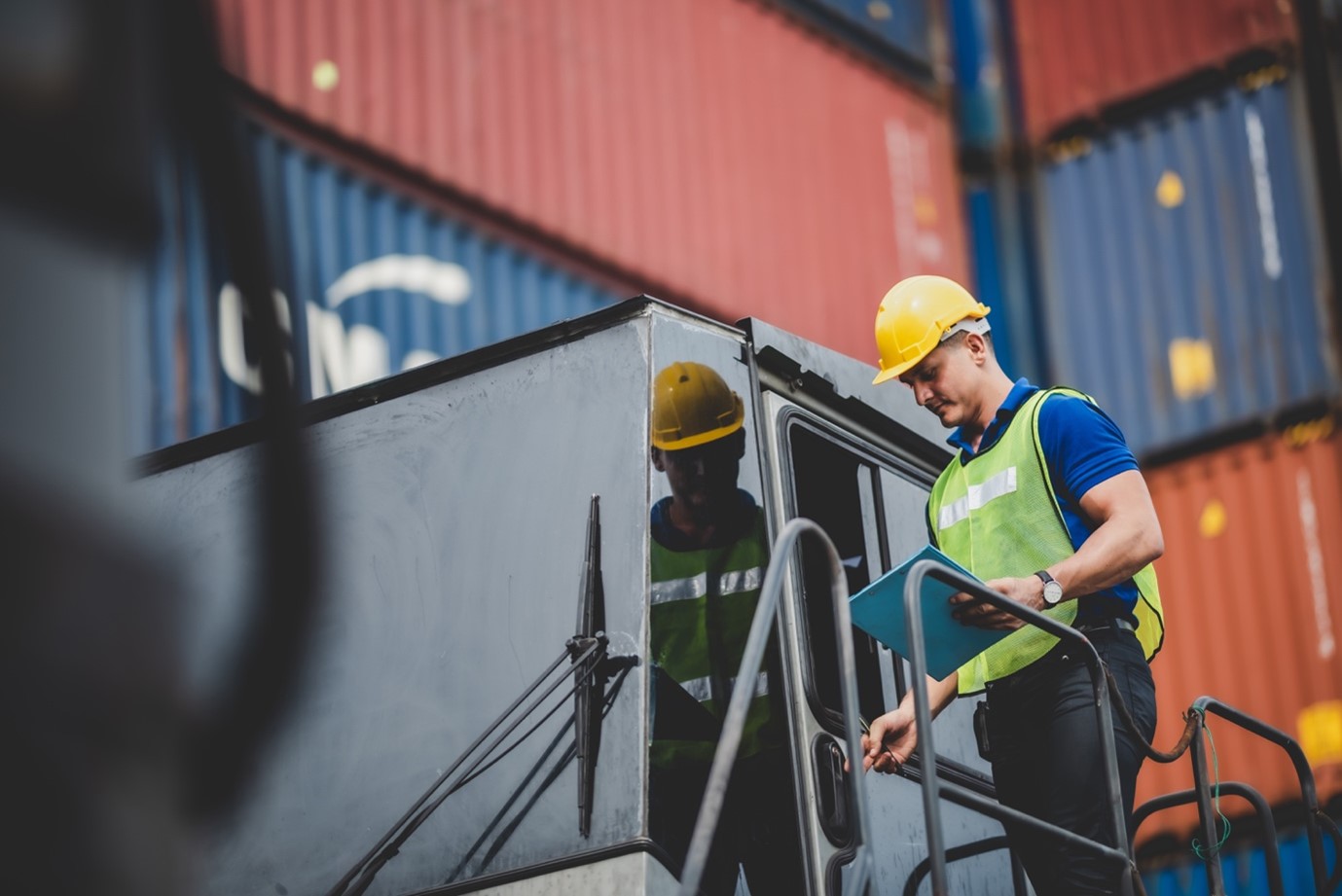Within the maritime industry there is often aspirational talk of mutual trust between customs and the port community. However, in reality, this partnership is highly flawed or even non-existent. However, the future of the port lies in this smooth cooperation, so strengthening this relationship is paramount.
In order to make to shift towards a smooth cooperation, two crucial changes must be made. Firstly, The General Customs and Excise taxes Act must be modernised. And secondly, the relationship between customs and the private sector must be improved on an operational level.
The General Customs and Excise taxes Act: an outdated legislation
The current legislation, which dates to 1822, does not meet the challenges and requirements of the globalised world of 2022. The industry and service providers are constantly working on process optimisation in favour of quality improvement and compliance. This is done by investing in digitalisation, data quality and protection, by monitoring suspicious shipments and by continuous internal and external training of employees.
Sadly, these innovation and modernisation efforts, are not met with the same vigour by customs officers, who cling to legislation from Napoleon’s Imperial Customs that are two hundred years old. This rigid approach is at odds with the industry’s attempts to innovate and improve quality.
A mutual partnership
In Belgium, customs immediately impose a fine, for administrative errors. And these penalties, that are determined in accordance with the penalty directory, can be quite steep. Moreover, many logistics providers complain about the fact that Belgian customs is much stricter than that of the neighbouring countries. For example, some claim that they were fined in Antwerp for certain transit as well as import and export errors, while they were let off the hook in the Netherlands for similar infringements.
Industry leaders denounce the lack of open communication with respect to the legislation compliance. In Belgium customs’ sanctions are a one-way street. And that needs to change for the relationship to improve long-term, and to secure the future of the port.
Luc Vandevelde-Poelman, of Belgian Customs, points out that the customs department does consult with operators. He says that in addition to serious infringements, that are dealt with under criminal law, they also propose improvement plans minor breaches. Although this does not mean that they are penalty-free.
Structural solutions
Director of Alafabort Voka, Stephan Vanfrachem proposes to re-evaluate the Memorandum Of Understanding that was signed with Customs two years ago, together with our port community (under the leadership of Voka Alfaport), this to bring about a change in the criminal policy of Customs & Excise.
The Customs sanction policy also needs to be structurally reformed. As more room for refinement needs to be built into the criminal sanction policy of the Belgian Customs. This must be tackled on the basis of mutual trust, instead of only focusing on what is going wrong.
The Shipping Code is a good example of how legislators, experts and businesses work together to provide input in a constructive way. Forwarders should be able to look over the legislator’s shoulder and indicate what’s feasible in the broad field of logistics and industrial trade. This will be a significant step forward improving the deed of trust between customs and the service providers in the long-term. Finance Minister Van Peteghem announced that he wants to modernise the sanctions law by the summer of 2022. Het claims that a first bill will be submitted to Parliament before the end of the year, which is a good step towards better operations and collaboration.
Contact us for more information about international shipping.







